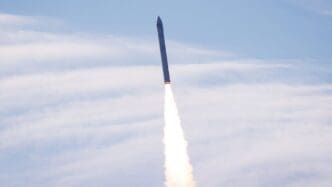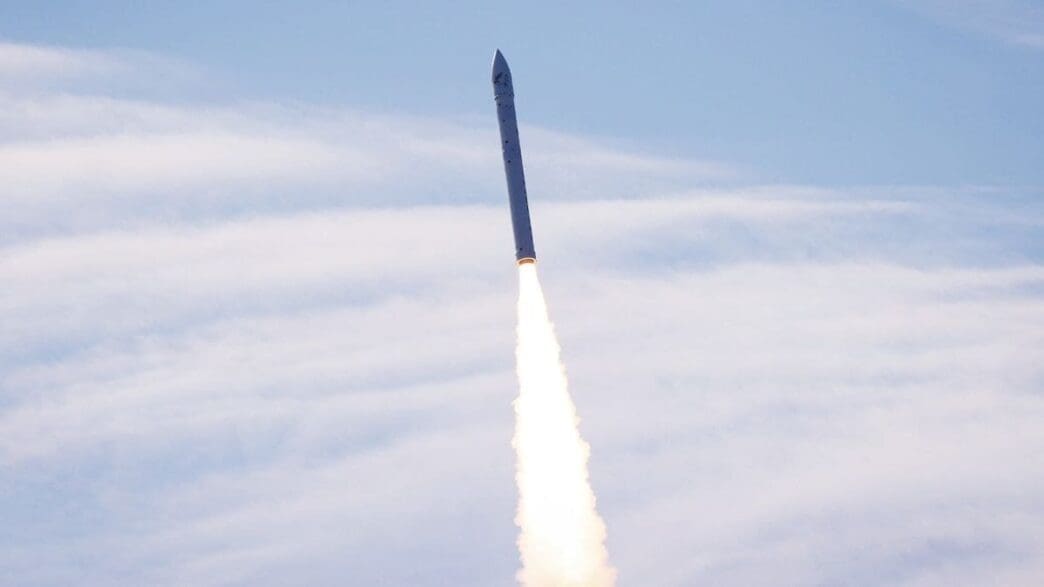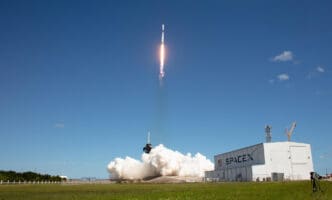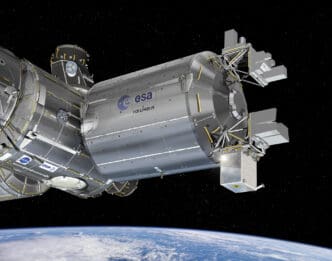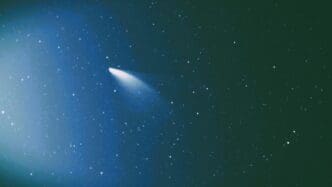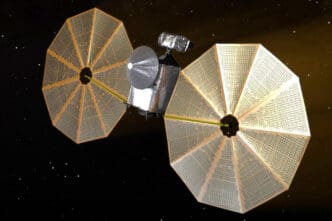A significant setback has struck the private space sector as Japanese startup Space One faced a second consecutive launch failure this year. The company’s Kairos 2 rocket, launched on December 18, 2024, from Spaceport Kii in Kushimoto, Wakayama Prefecture, encountered critical issues shortly after takeoff.
Space One aimed to make history by being the first private Japanese company to launch a satellite into orbit with its Kairos 2 rocket. Unfortunately, the mission was short-lived. Mere minutes post-launch, the 59-foot-tall rocket displayed unusual behavior. It began to tumble and, after identifying anomalies in its first-stage engines and trajectory, the company decided to terminate the flight. The decision was made three minutes into the journey at an altitude of approximately 62 miles.
The Kairos 2 rocket was entrusted with the task of carrying five satellites. These payloads were developed by Japanese commercial entities, high school students, and a Taiwanese company. The failure represents another challenge in Space One’s pursuit of establishing a foothold in the competitive space launch market.
In the aftermath of the incident, Space One issued a formal apology to its clients and all participants involved in the mission. Their statement expressed deep regret for not fulfilling the mission’s expectations and included a commitment to determine the cause behind the malfunction swiftly. The company remains hopeful of resuming their launch attempts, continuing their aim to contribute to the space industry with small rocket services.
The Kairos rocket has yet to experience a successful launch. Earlier in March 2024, Space One’s first Kairos rocket faced a similar fate when it was destroyed shortly after takeoff. The flight termination system of the rocket detected a velocity anomaly, leading to its destruction. No harm came to personnel or facilities, but debris was scattered across the launch area.
The design of the Kairos rocket incorporates three solid-fuel stages and a liquid propellant upper stage, capable of delivering payloads up to 550 pounds into low Earth orbit. Despite these engineering efforts, the persistent failures have clouded Space One’s aspirations.
The broader Japanese launch sector has also witnessed setbacks, such as the recent engine explosion during a test of the Japan Aerospace Exploration Agency’s Epsilon S rocket last month. Coupled with an earlier similar incident the previous year, these challenges highlight the difficulties faced by Japan’s space initiatives.
Nevertheless, the innovation and ambition within the Japanese space industry remain strong. Space One’s continuing dedication to overcoming these hurdles reflects a commitment to enhancing Japan’s competitiveness in the global space arena.
While the setbacks are undeniable, the spirit of innovation and determination within Japan’s private space sector persists. Space One’s resolve to identify and rectify the causes of these failures is a testament to their commitment to advancing space exploration and innovation.
Source: Space ˙ Youtube

